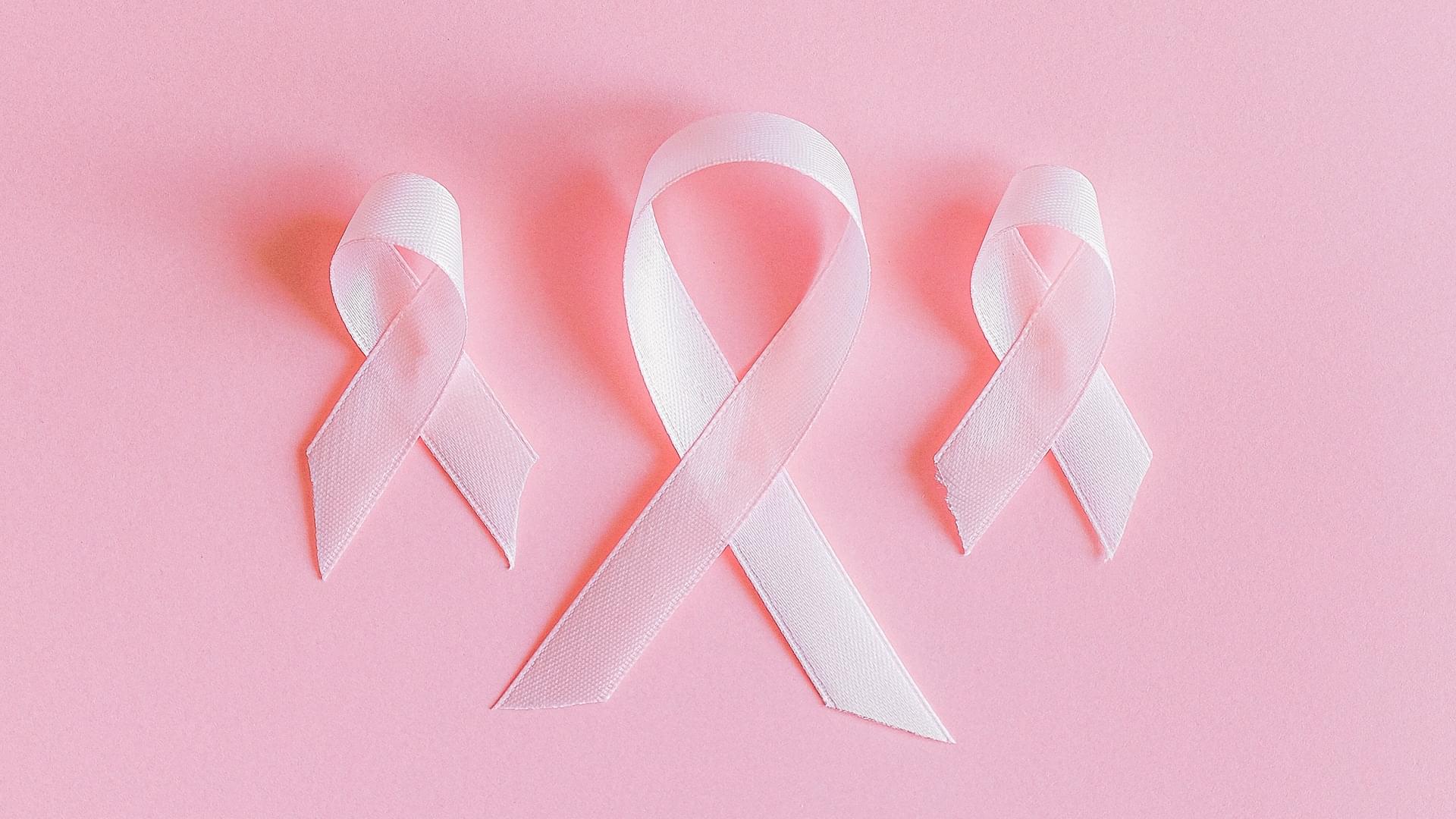October 2023
Empowering the Fight: Support Throughout the Breast Cancer Journey
In recognition of Breast Cancer Awareness Month, we've crafted a blog with a heartfelt mission: to provide unwavering support at every stage of the breast cancer journey.

Our dedication is to emphasize the critical role of early detection through proactive screenings and guide you in finding comforting words when a loved one faces a diagnosis. As well as sharing external resources that extend their compassionate support to those actively battling breast cancer and those in remission. Your journey is our shared commitment, and we’re here to accompany and uplift you every step of the way.

Before: The Importance of Early Detection
Early detection is a crucial weapon in the fight against breast cancer. Regular mammograms, which are low-dose X-rays of the breast, play a pivotal role in this effort. The American Cancer Society offers screening guidelines based on different age ranges.
Why is early breast cancer detection so vital? Because it significantly increases the likelihood of successful treatment! Mammograms can uncover breast changes that may be cancerous, even years before any physical symptoms appear. A wealth of decades of research underscores the benefits: women who regularly undergo mammograms are more likely to have breast cancer detected at an earlier, more manageable stage. Consequently, they are less likely to require aggressive treatments such as surgery and chemotherapy, and their prospects of a cure are notably higher. So, by scheduling your screenings and encouraging your loved ones to do the same, you’re not just promoting early detection but fostering a better chance for a successful fight against breast cancer.

During: What To Say To Someone Who Has Been Diagnosed With Breast Cancer
Navigating a conversation with someone who has received a breast cancer diagnosis can be emotionally challenging, but your support and words of comfort can make a significant difference. First and foremost, it’s important to let them lead the conversation. Be an empathetic listener and allow them to express their thoughts and feelings. Offer reassurance by letting them know you’re there for them, whether they want to discuss their diagnosis or any other topic.
Avoid offering unsolicited advice or making sweeping statements about cancer. Instead, ask open-ended questions and respect their boundaries. Simple phrases like, “I’m here for you,” “You’re not alone in this,” or “I care about you” can provide comfort. If they’re open to it, you can offer practical help, like accompanying them to medical appointments or assisting with daily tasks. Ultimately, your presence and willingness to listen can be a source of strength for them during this challenging time.

After: Continuing Support and Local Resources
Breast Cancer survivors are members of the breast cancer community for life. You can visit the Lancaster Support Group to find others who are navigating the same challenges you are. Doing so can make you feel less alone in this unexpected journey. Participate in Mindfulness-Based Cancer Recovery Sessions to learn effective tools to calm the nervous system and support you during cancer treatment and recovery.
Find support through our Partners in Mission, specializing in life-threatening illness aid. Flunk Cancer provides educational and financial support for teachers battling cancer. Or Lancaster Field of Hope, whose mission is to help ease the financial burden of unexpected medical issues or long-term care for families in our community.
The journey of battling breast cancer can be long and difficult, but it’s also an incredible testament to your strength. If you or a loved one could use a well-deserved break to recharge, explore the option of applying for a Respite. It’s an opportunity to rejuvenate and return even stronger, ready to take on the world with renewed energy and optimism. Your resilience is inspiring, and we’re here to support you every step of the way.

